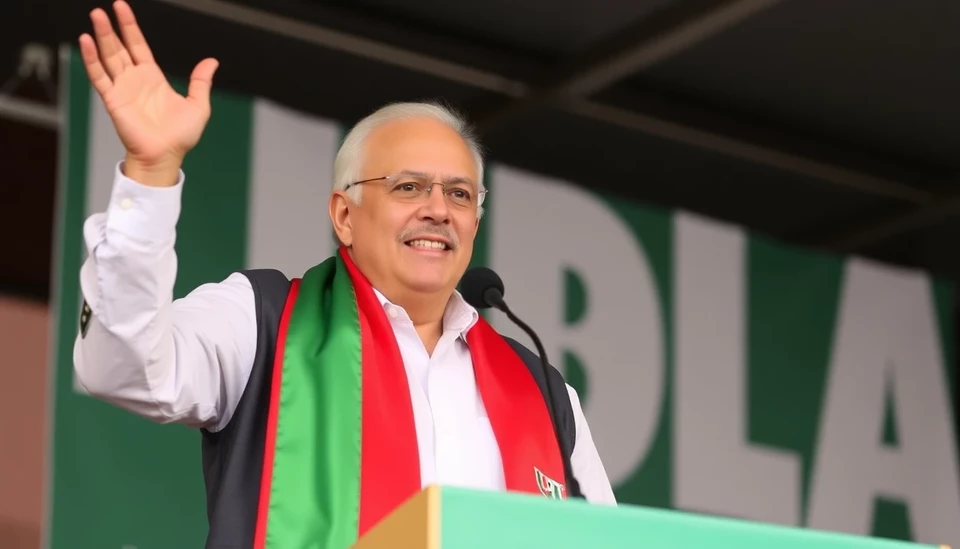
In a significant political development within Brazil's ruling Workers' Party (PT), Lindbergh Farias, the party's national leader, has expressed his commitment to set aside personal opinions to support Finance Minister Fernando Haddad's economic plan. This pledge reflects an effort to unite party factions amidst challenging economic conditions, with inflation and fiscal pressures posing major threats to the nation’s economic stability.
Farias, who has been known for his vocal stance on various issues, underscored the importance of solidarity within the party as it navigates through a complex economic landscape. “Now is the time for us to come together as a cohesive unit,” he stated in a recent address, aiming to unify differing perspectives that exist within the party regarding Haddad's strategies for tackling Brazil's pressing fiscal challenges.
The backdrop of this alliance is set against a backdrop of economic uncertainty. Recently, Brazil's economy has been grappling with inflation rates that have risen significantly, affecting the cost of living for many citizens. Haddad’s plan seeks to address these growing concerns by implementing fiscal measures designed to stabilize the economy and foster sustainable growth. However, the proposals have sparked debate among party members, prompting Farias to take a conciliatory approach to ensure that the PT presents a unified front.
Amidst this internal dynamic, Farias acknowledged the diverse viewpoints within the party but emphasized that prioritizing the welfare of the Brazilian people is of utmost importance. “Our personal opinions must be secondary to the greater good,” he remarked, highlighting the necessity for collective action and mutual support to enhance economic conditions for all Brazilians.
As part of this renewed commitment, Farias plans to engage party members in discussions to align on key elements of Haddad's strategy. His leadership approach is seen as crucial for galvanizing support for the finance minister’s proposals, which include measures that aim to curb spending while enhancing public infrastructure investments and social programs that could provide a safety net for the most vulnerable populations in society.
Moving forward, the collaboration between Lindbergh and Haddad is anticipated to not only influence PT’s internal dynamics but also impact Brazil’s broader political landscape. The success or failure of this coalition could have significant ramifications, shaping not only the party's future but also the economic prospects of Brazil as it emerges from a period of instability.
As the PT gears up for ongoing discussions, all eyes will be on how effectively they can bridge differences and translate their shared commitment into actionable policies that resonate with the Brazilian populace. Whether Farias' pledge will catalyze the much-needed solidarity within the party remains to be seen, but the political stakes are undeniably high as 2024 approaches with increasing urgency.
#Brazil #Lula #PT #Haddad #Economy #Politics #Leadership #Inflation #Unity #EconomicPolicy
Author: Laura Mitchell




